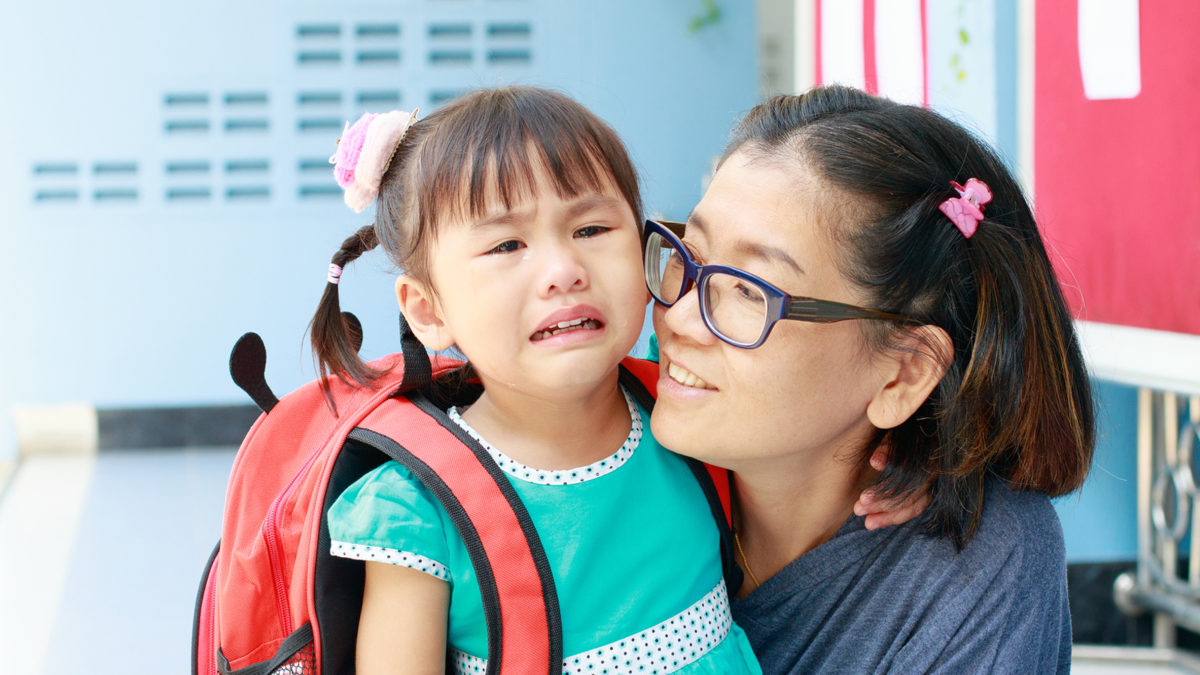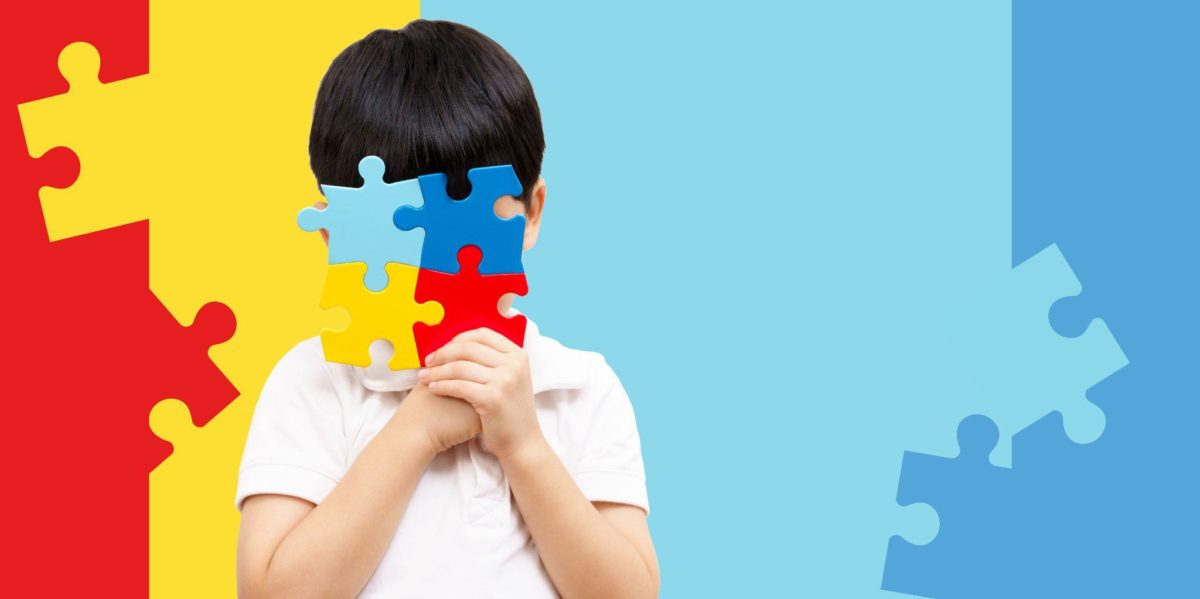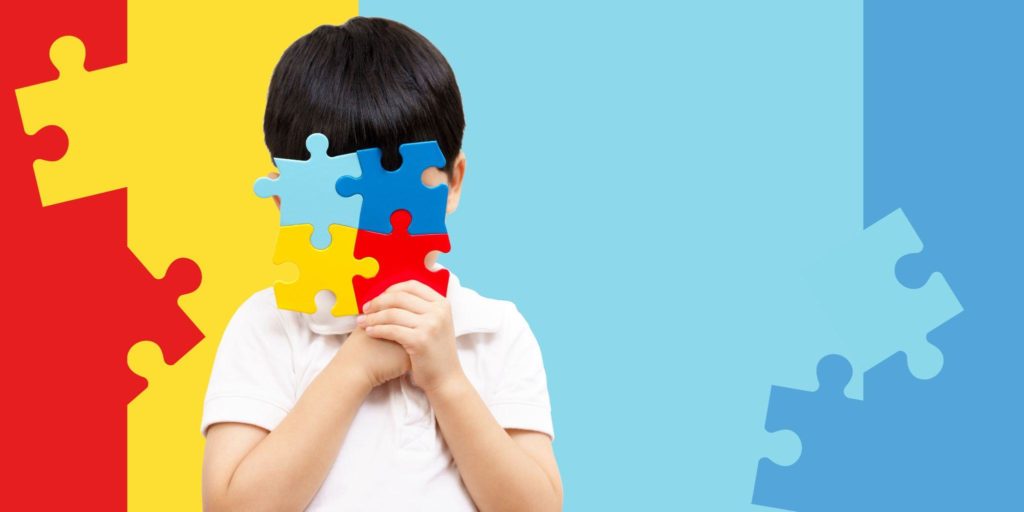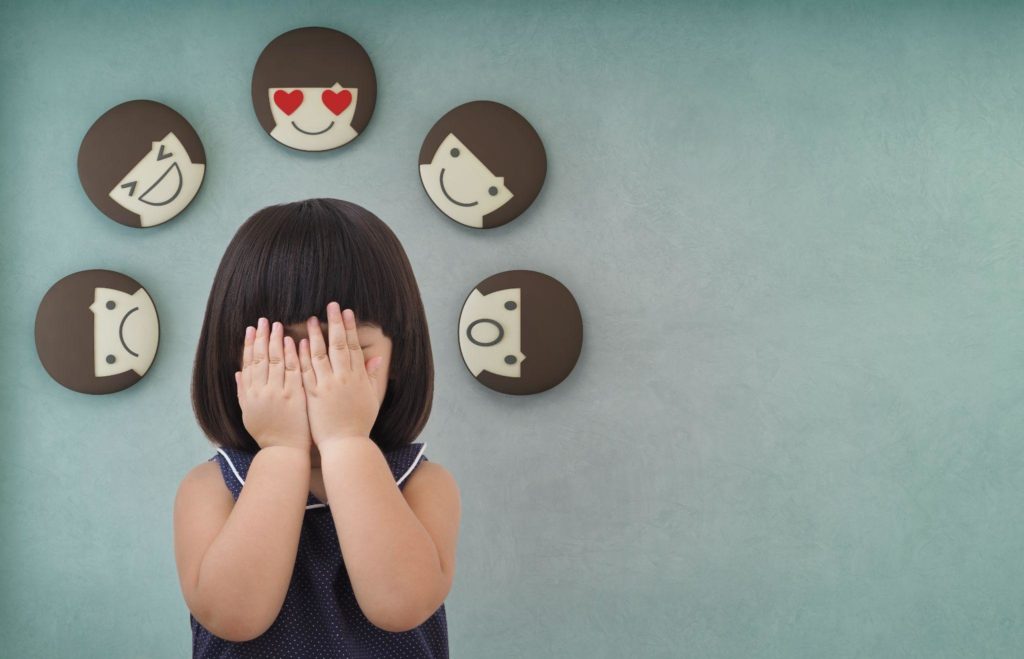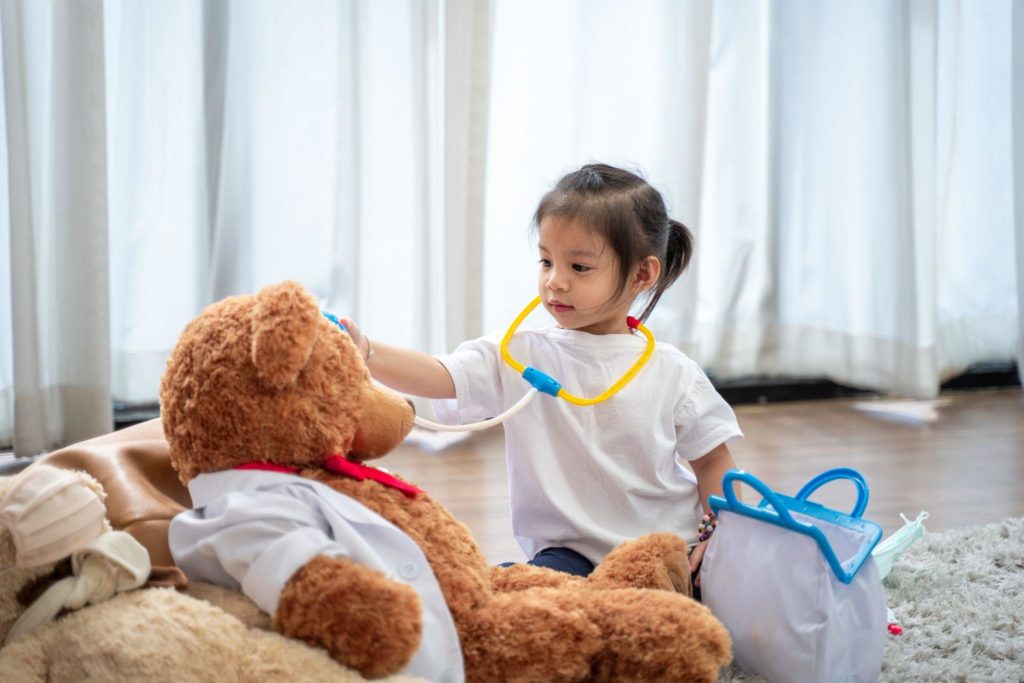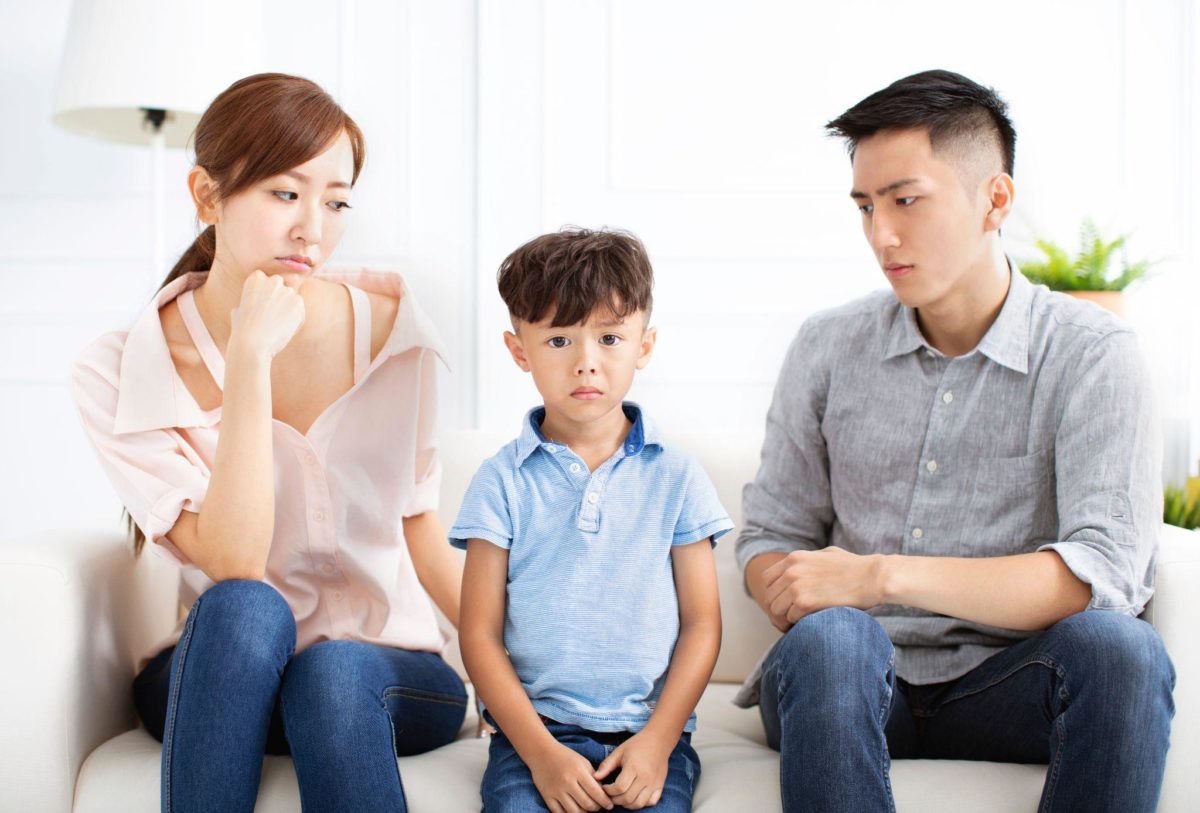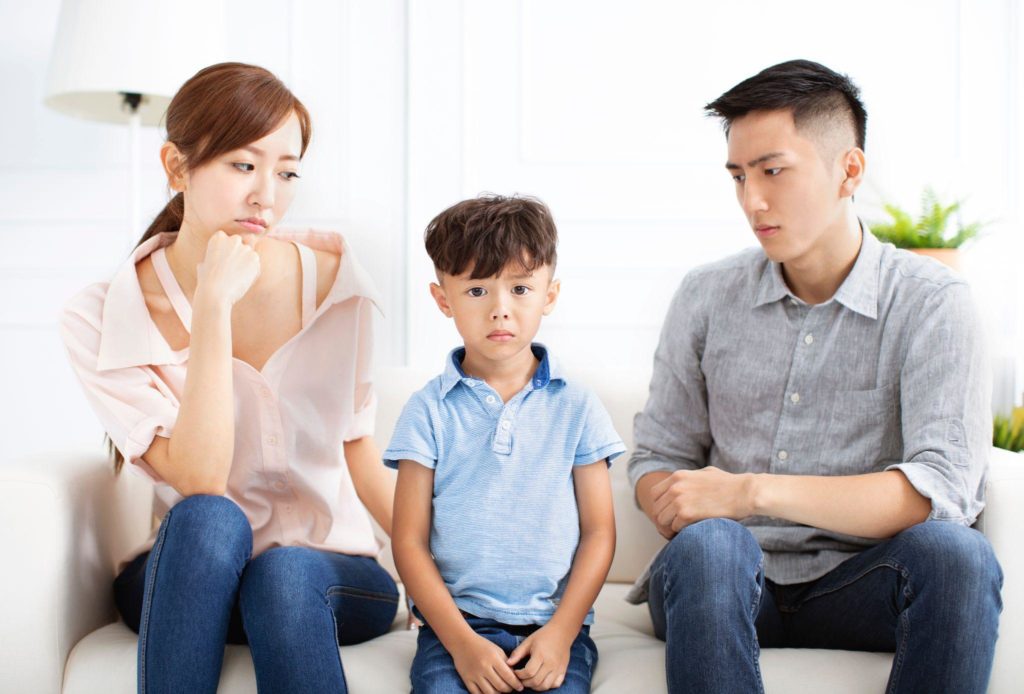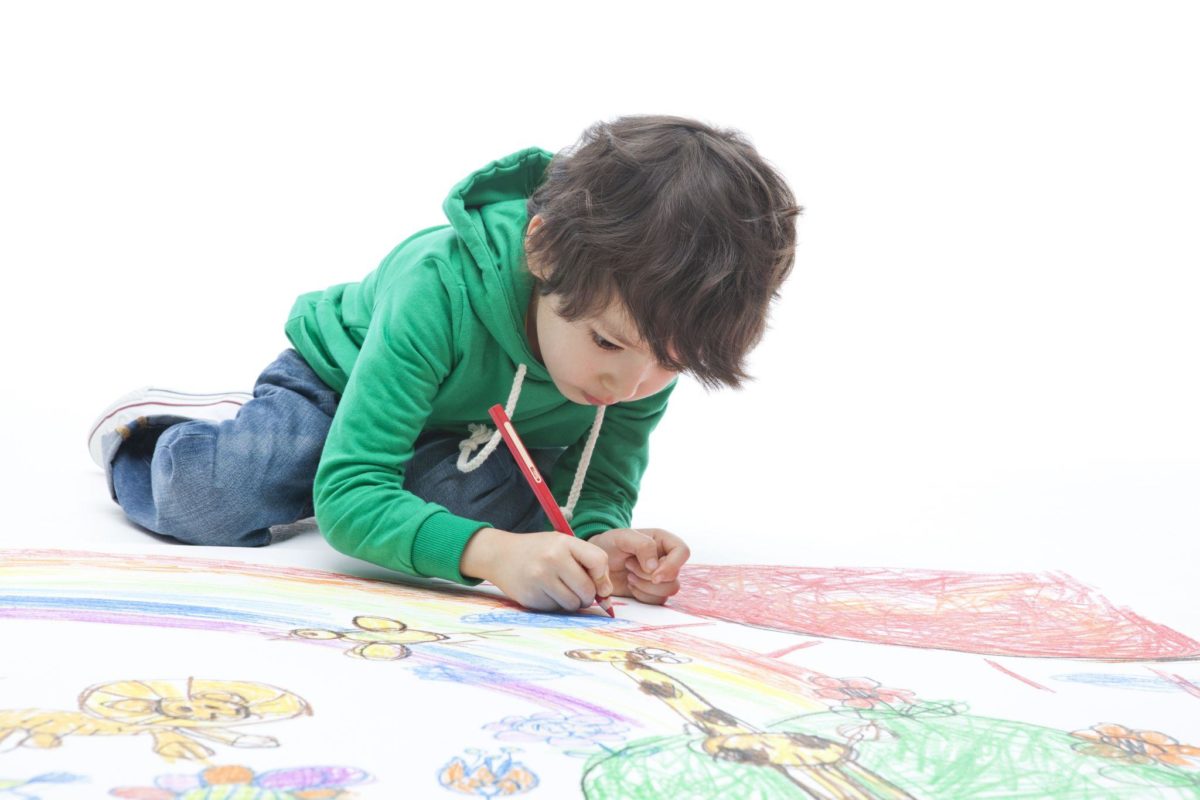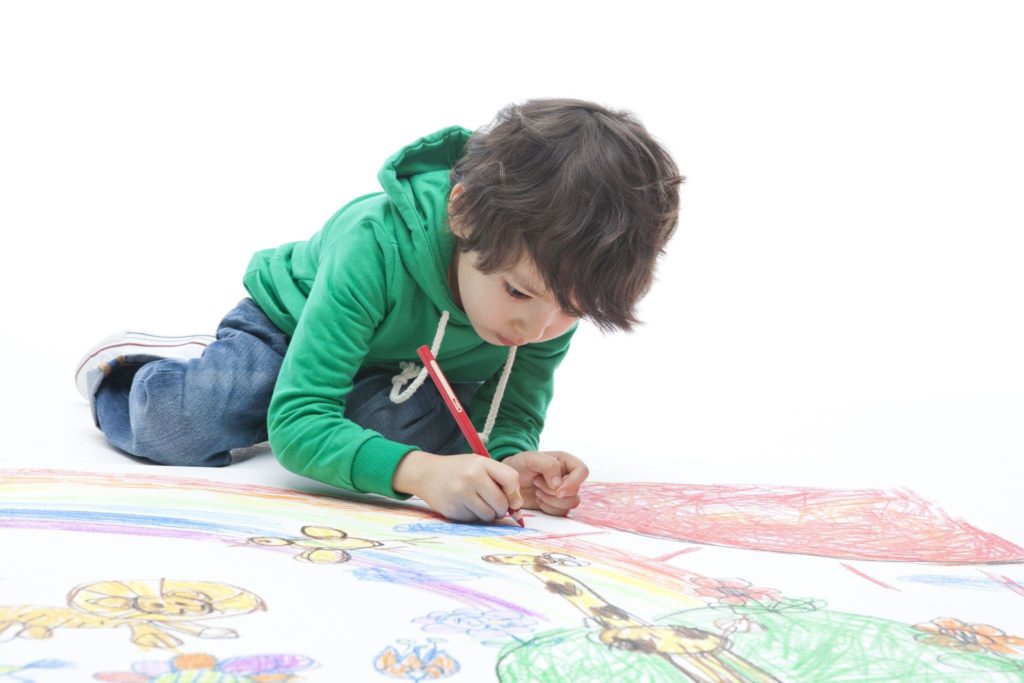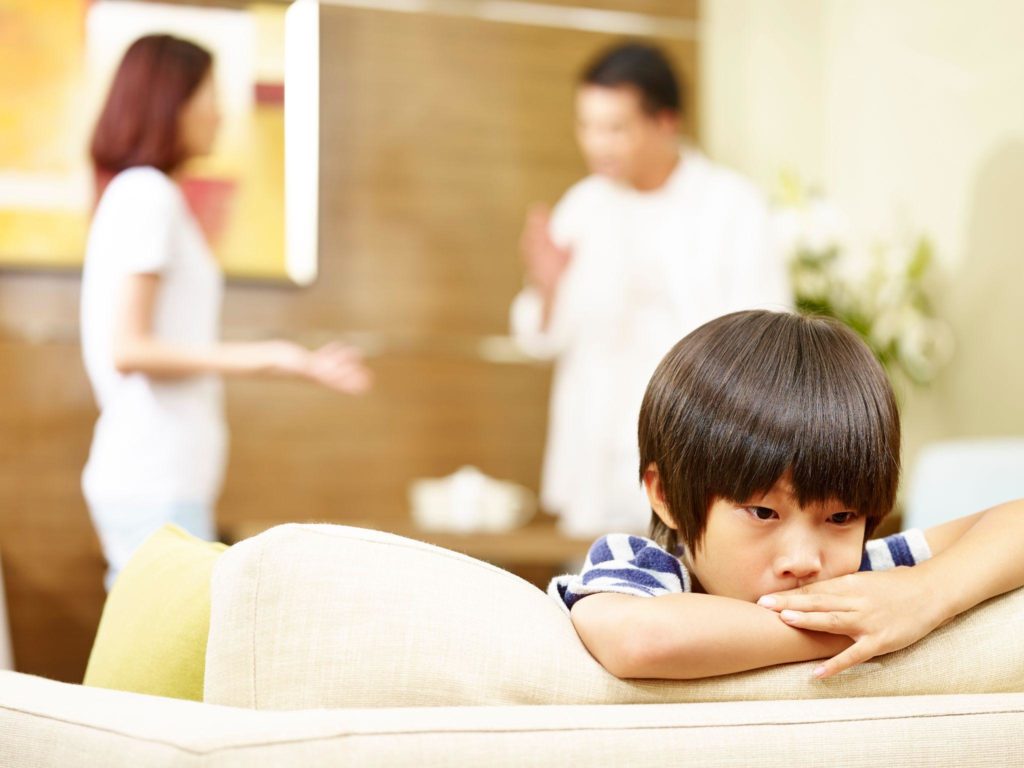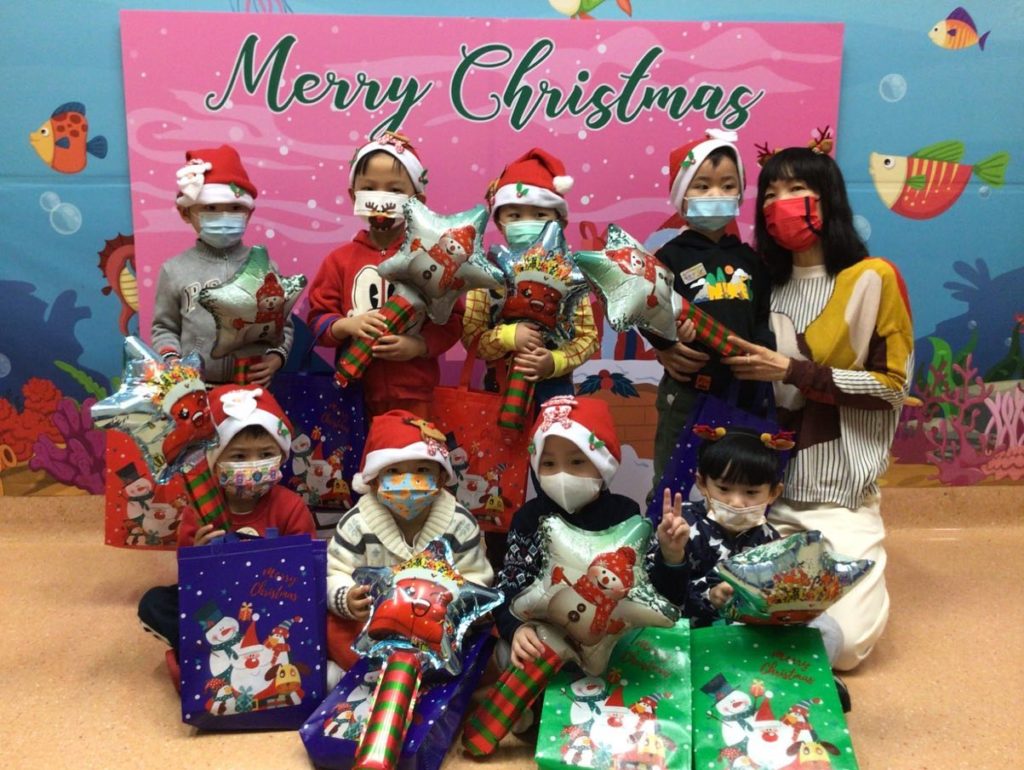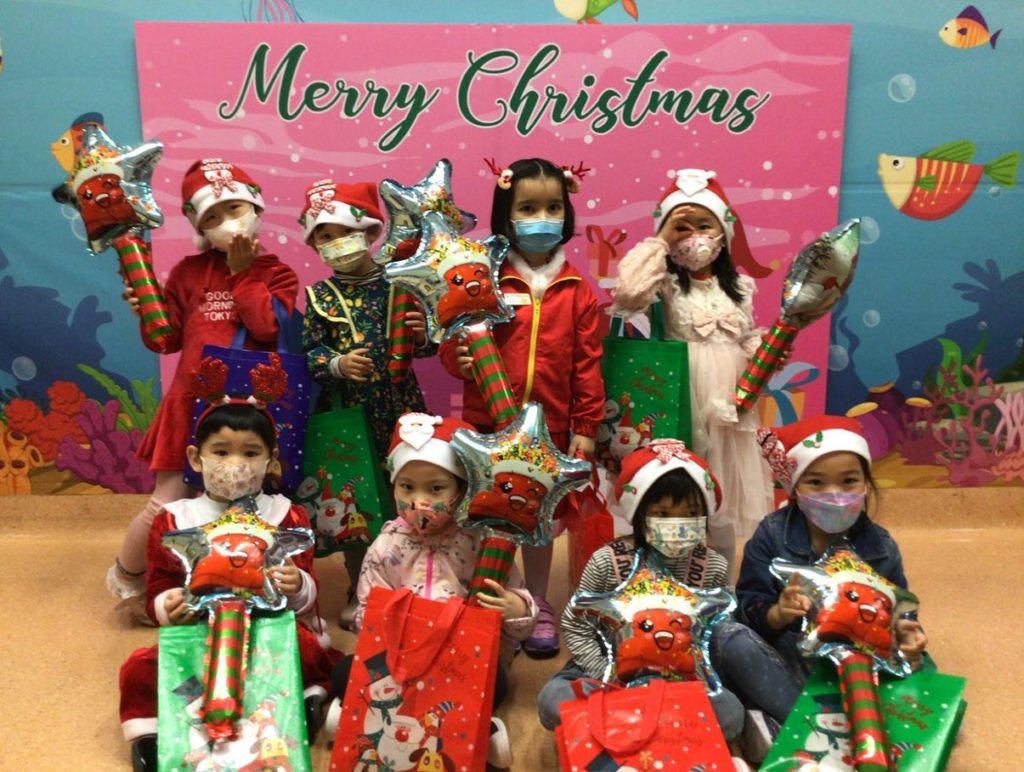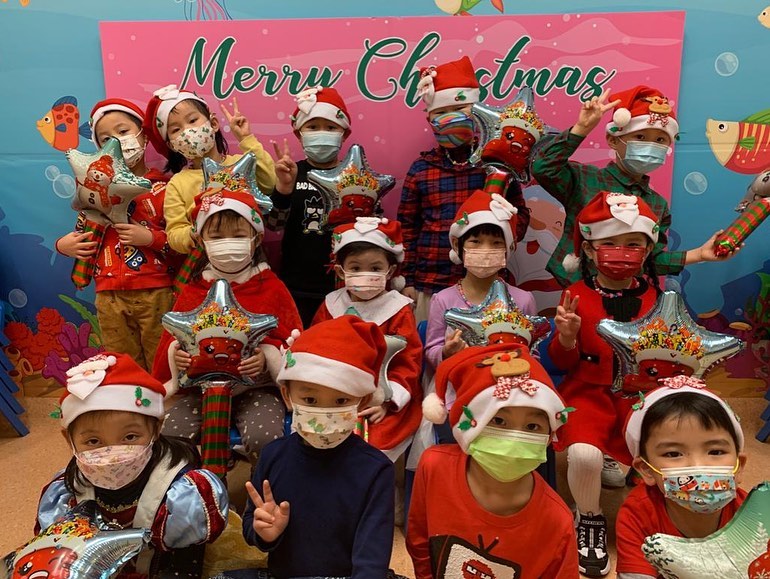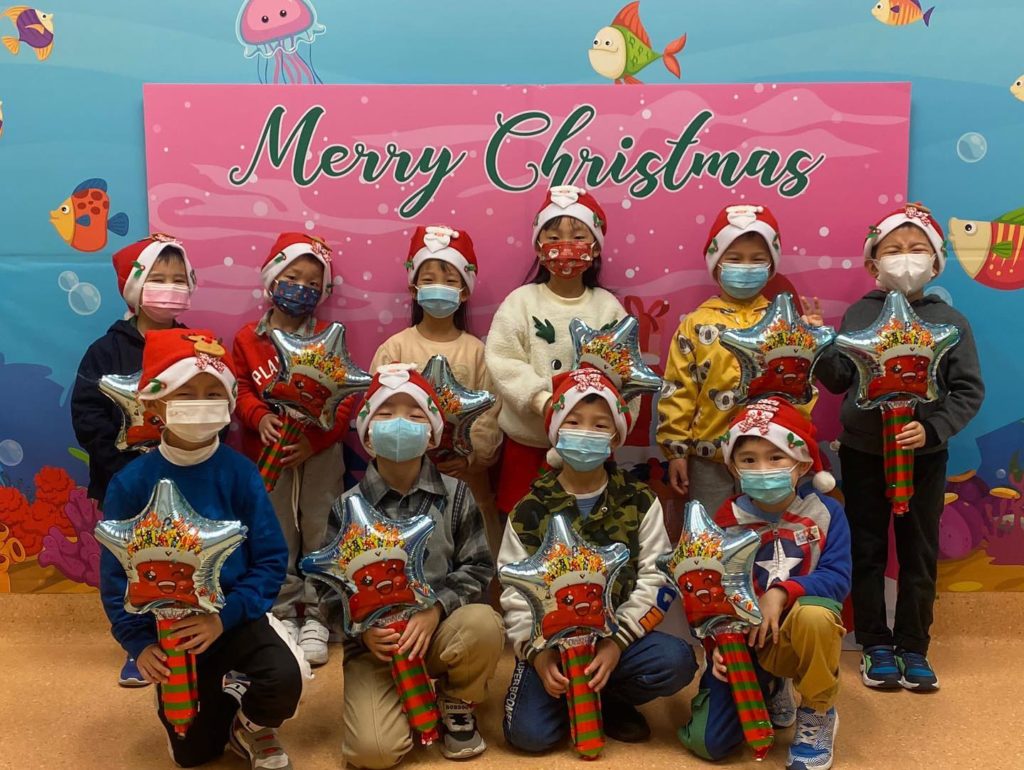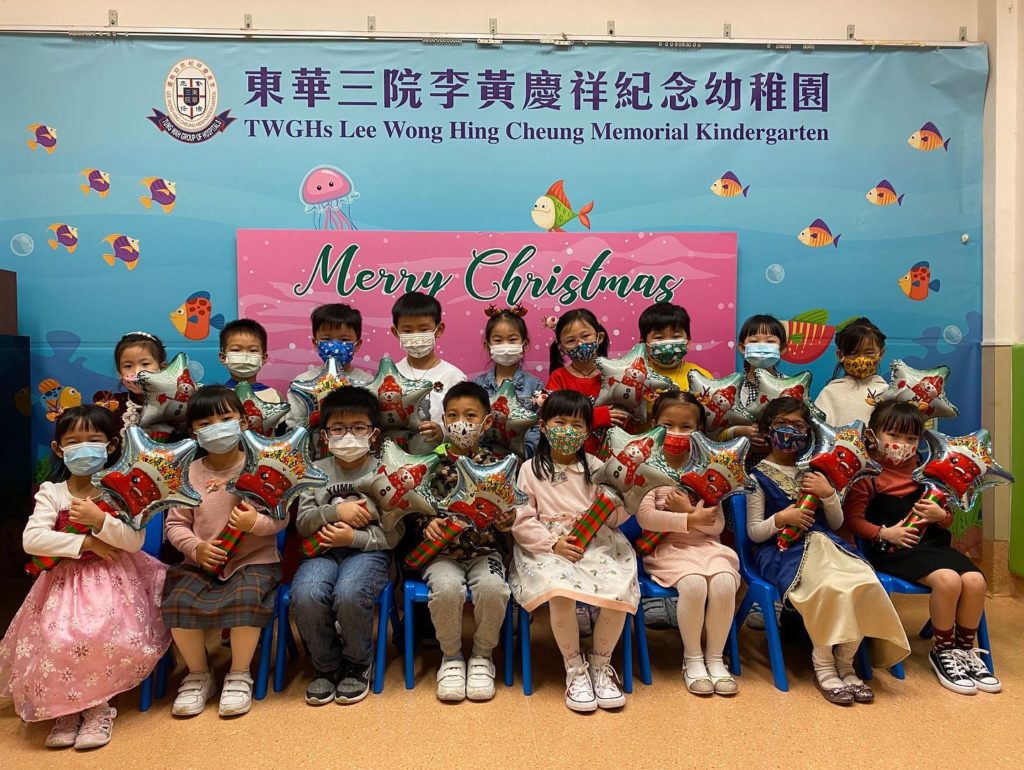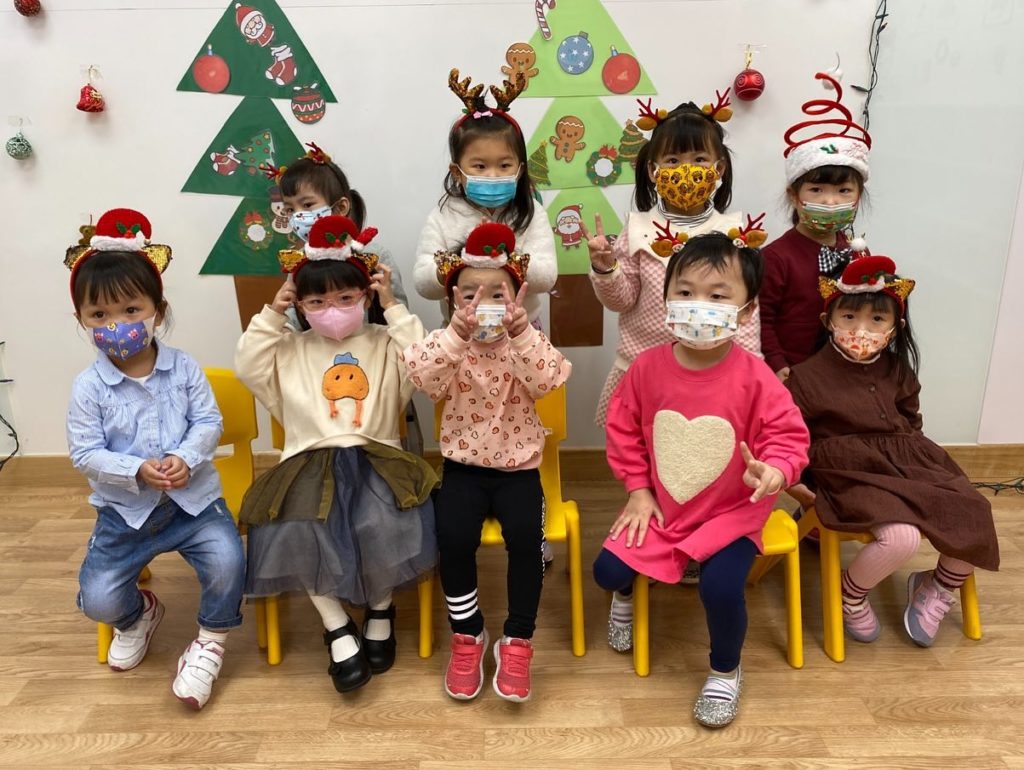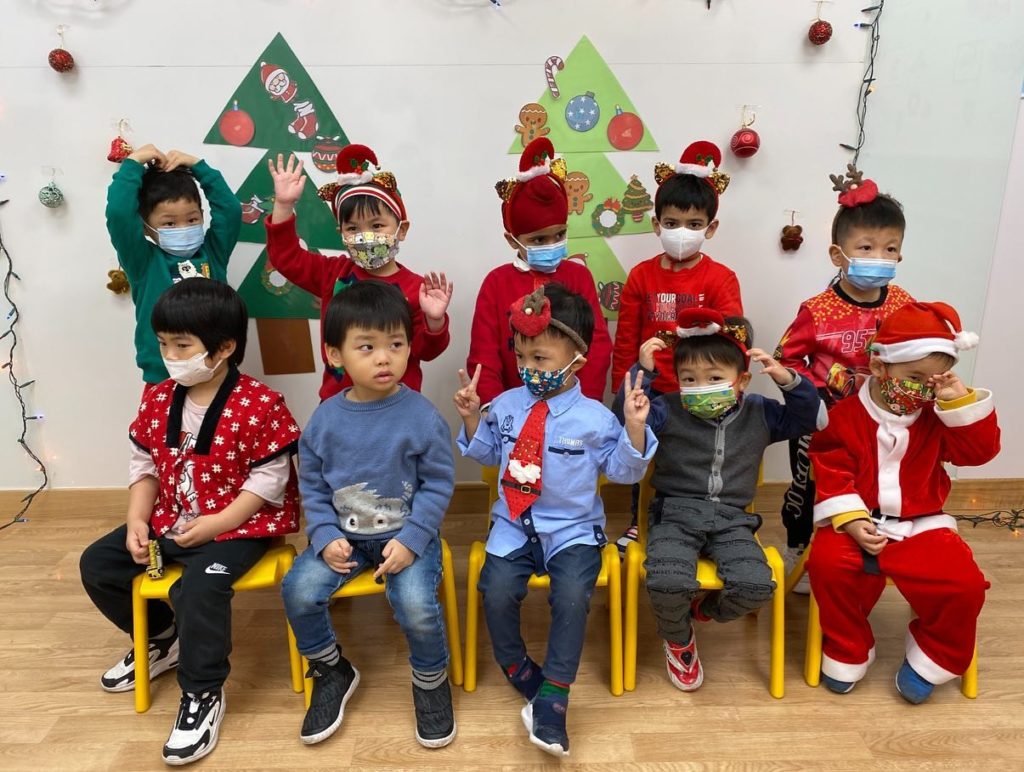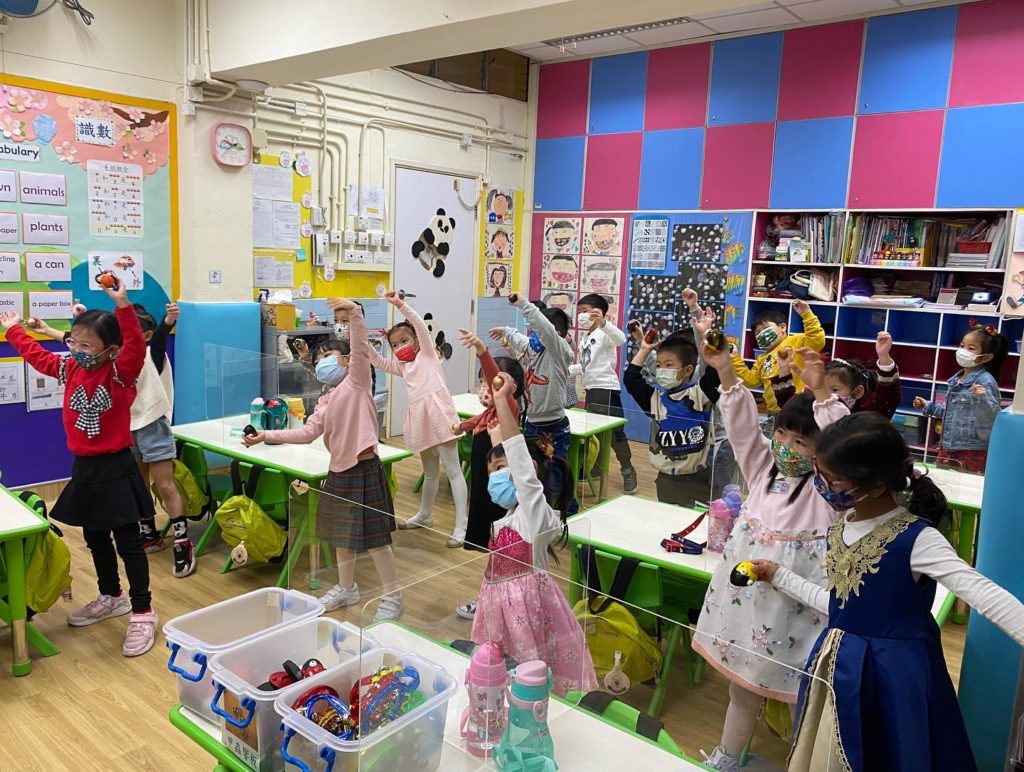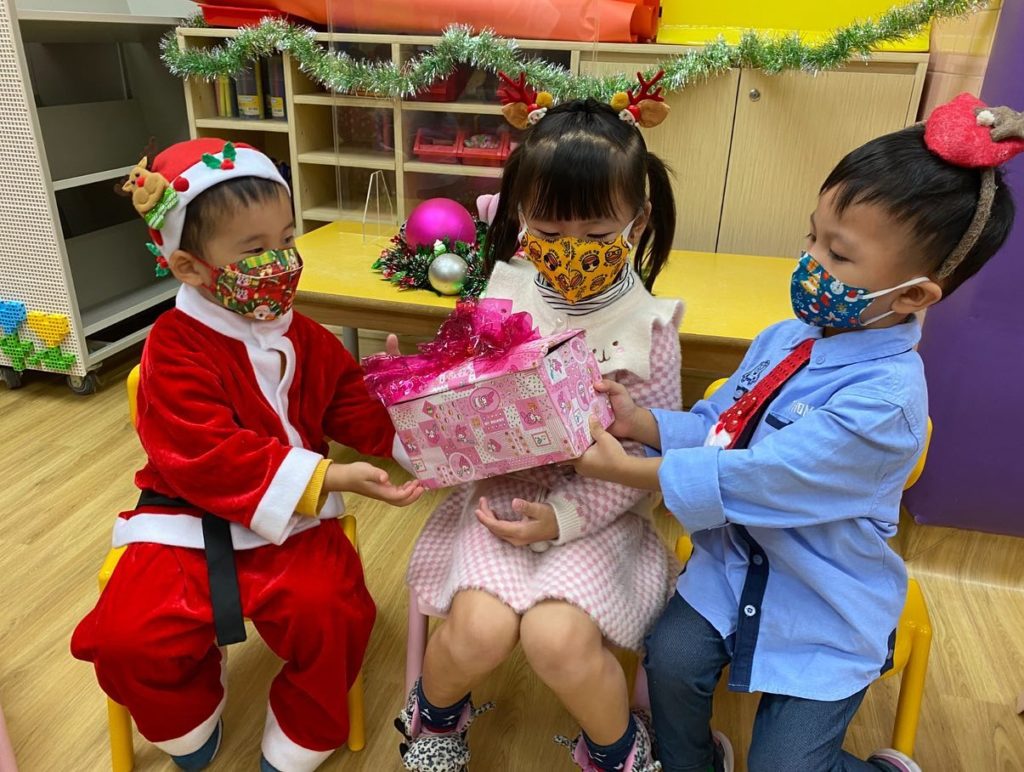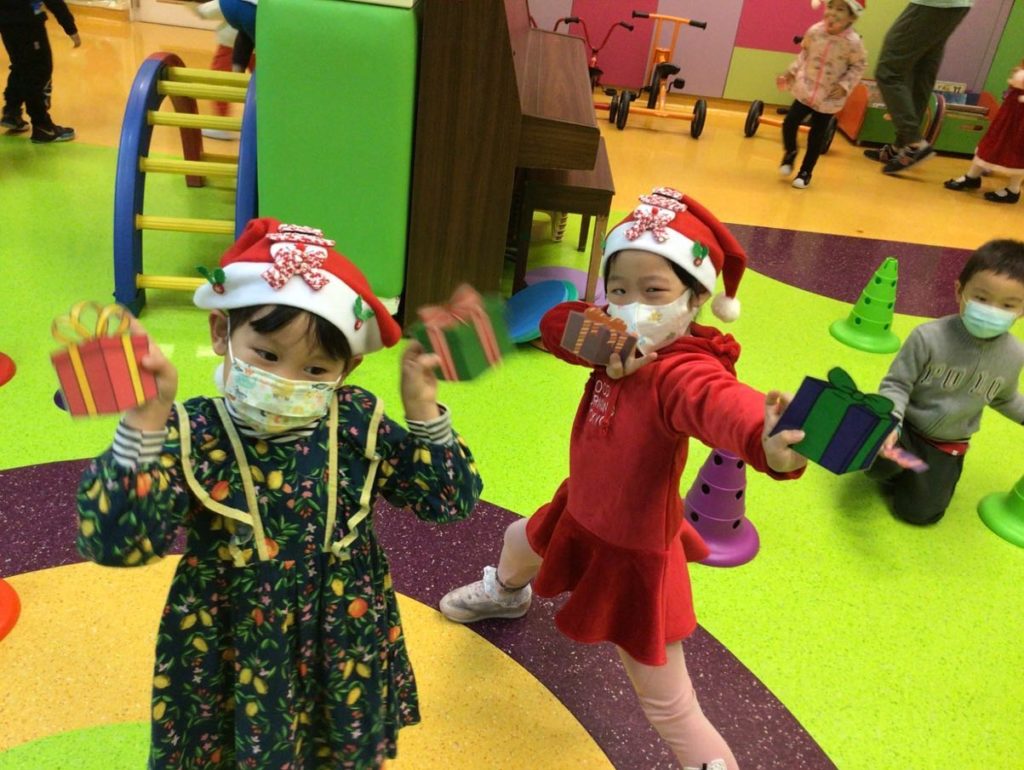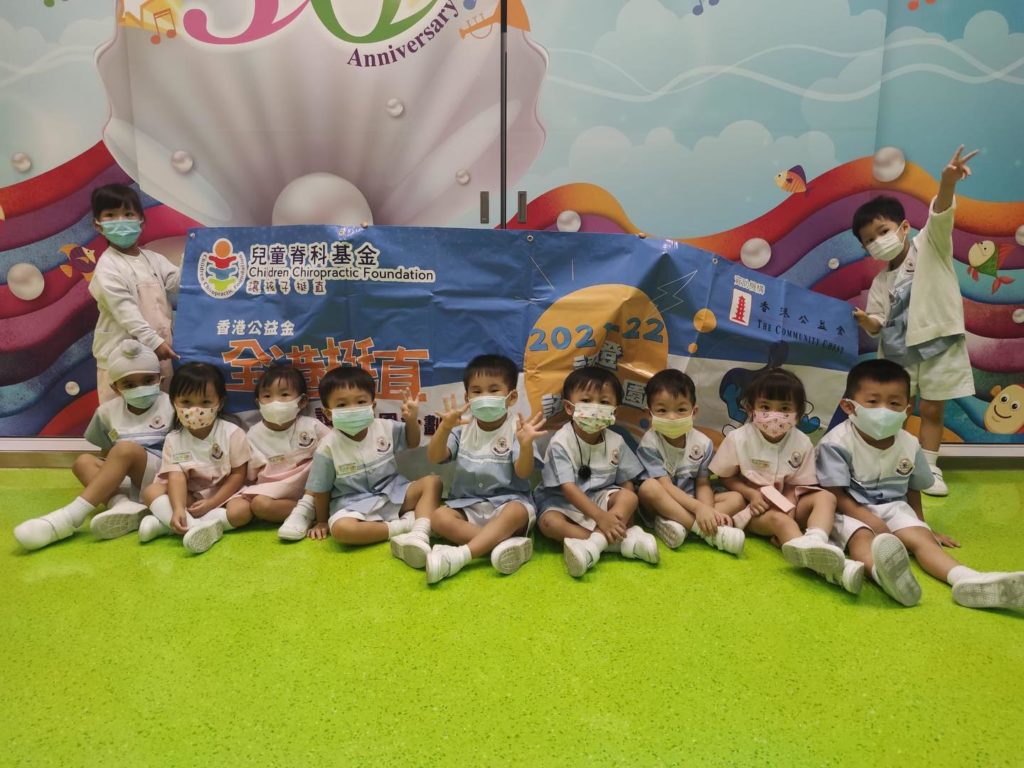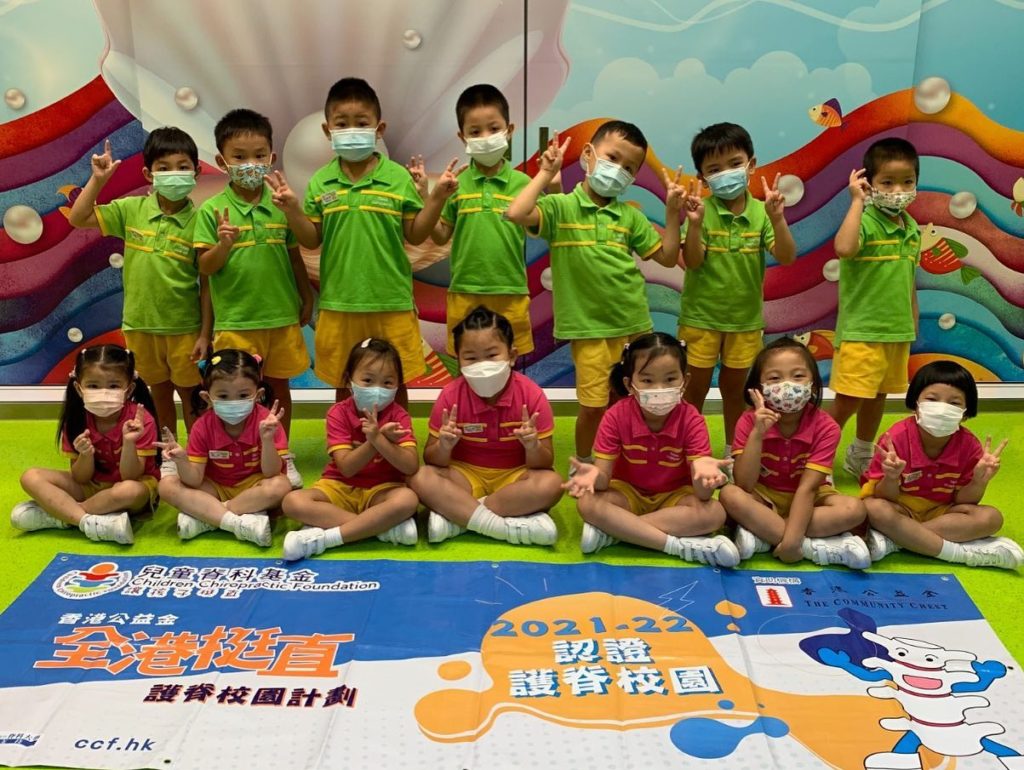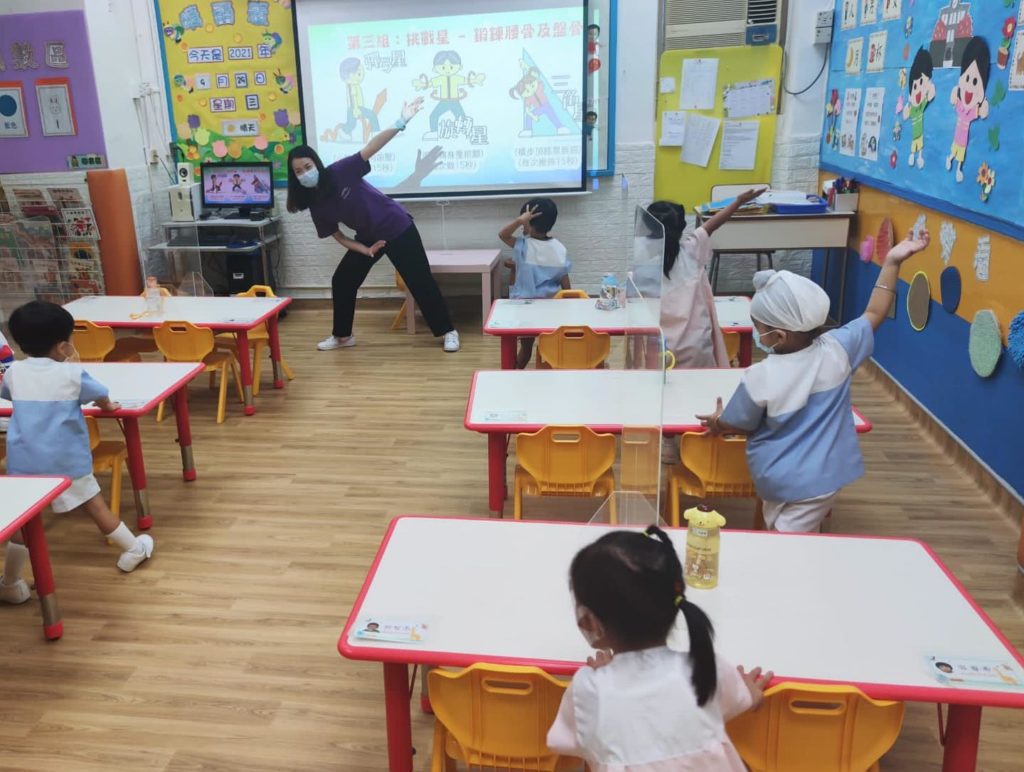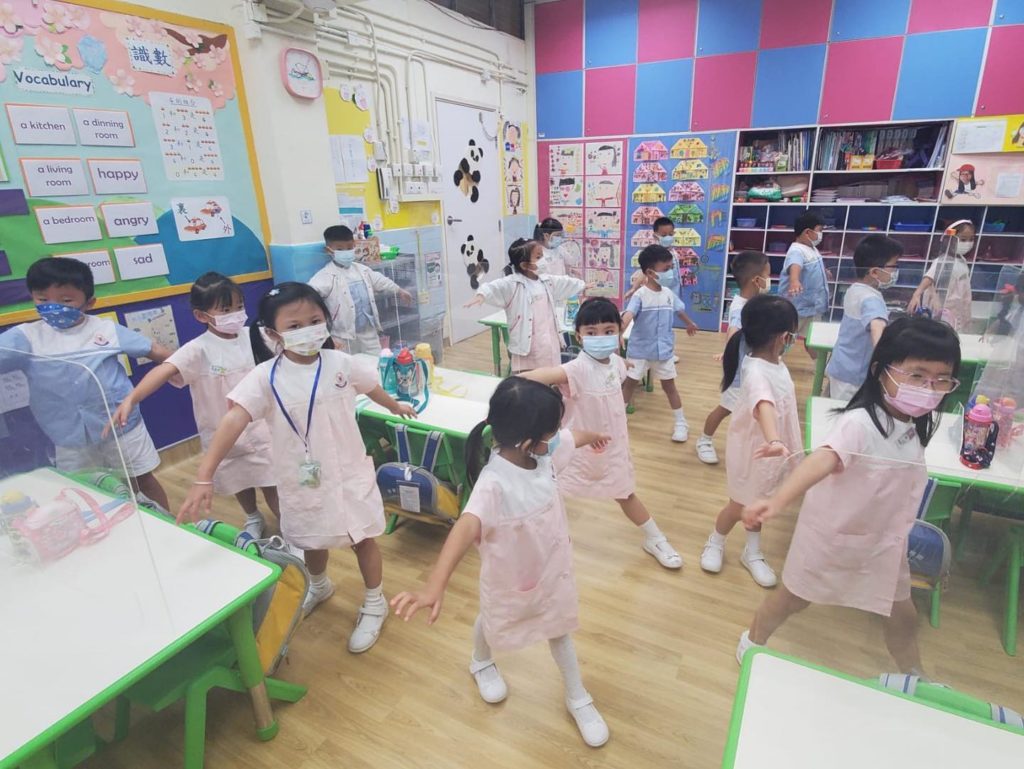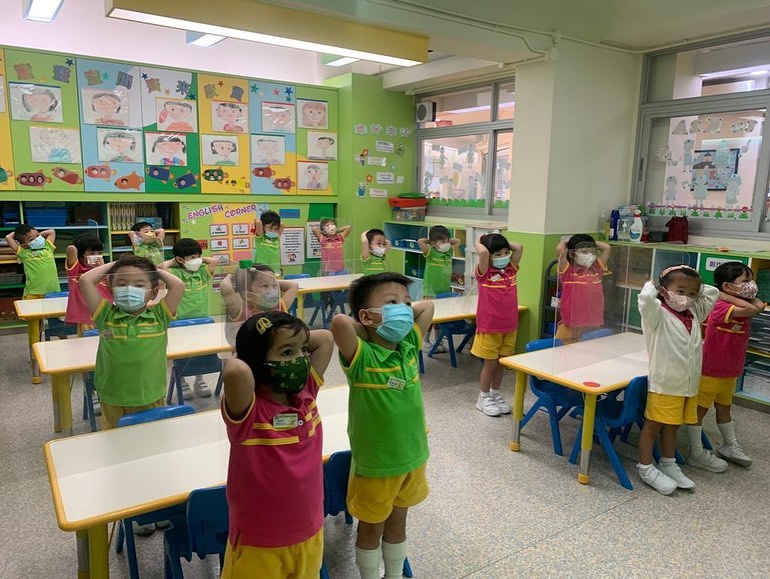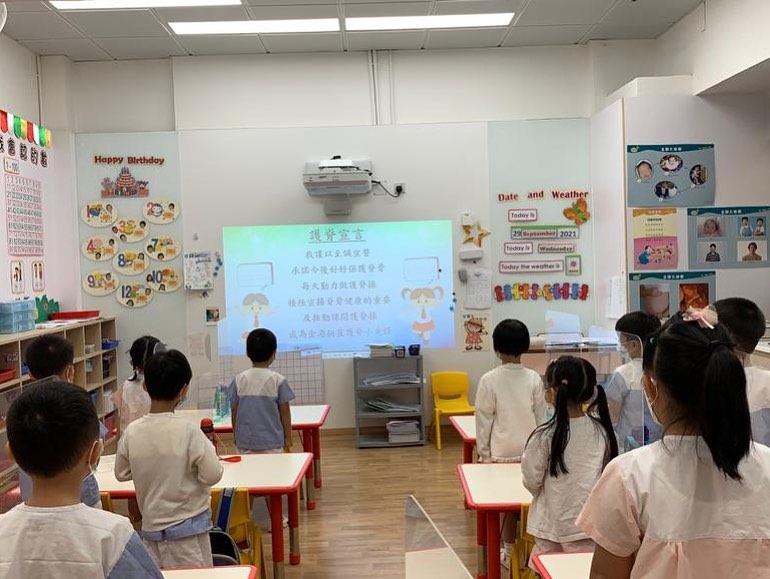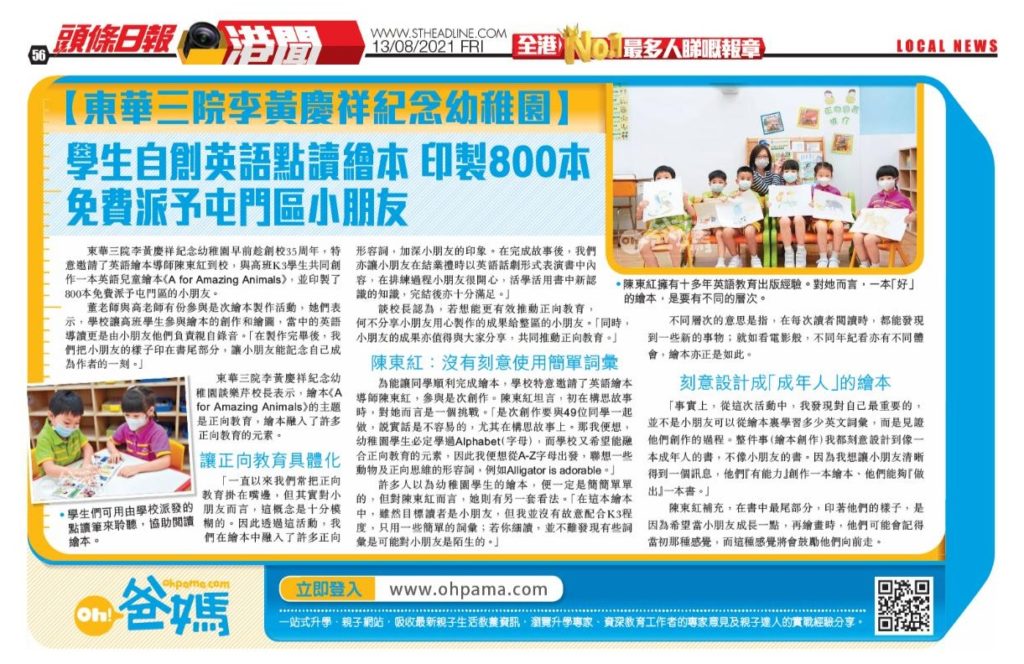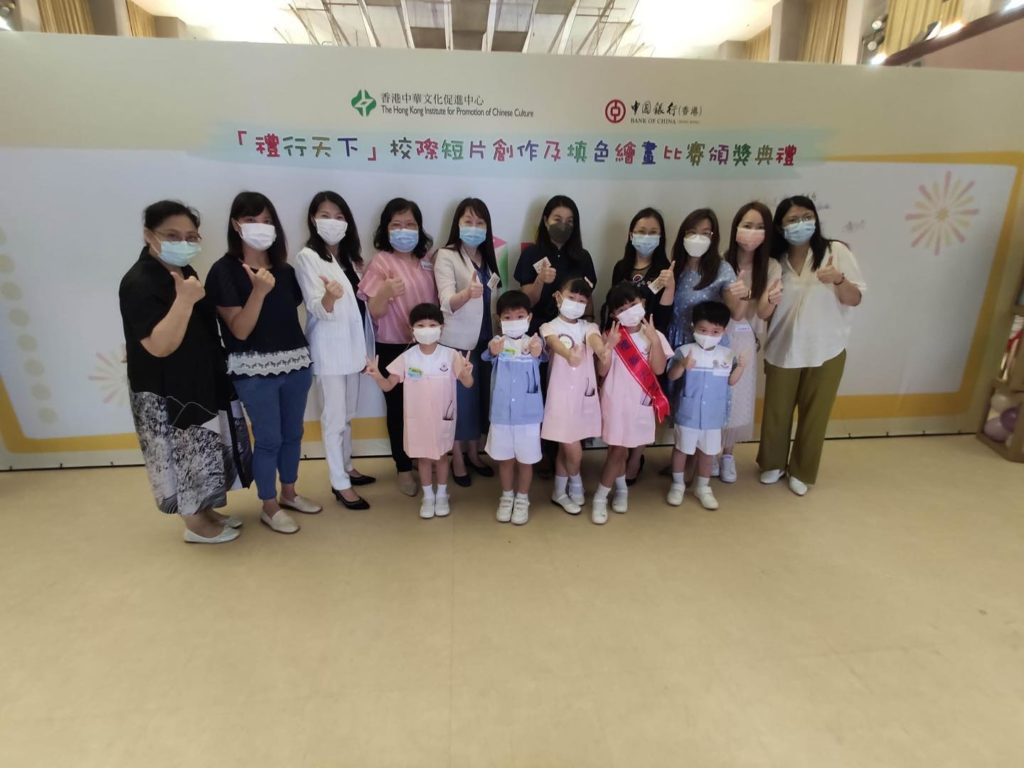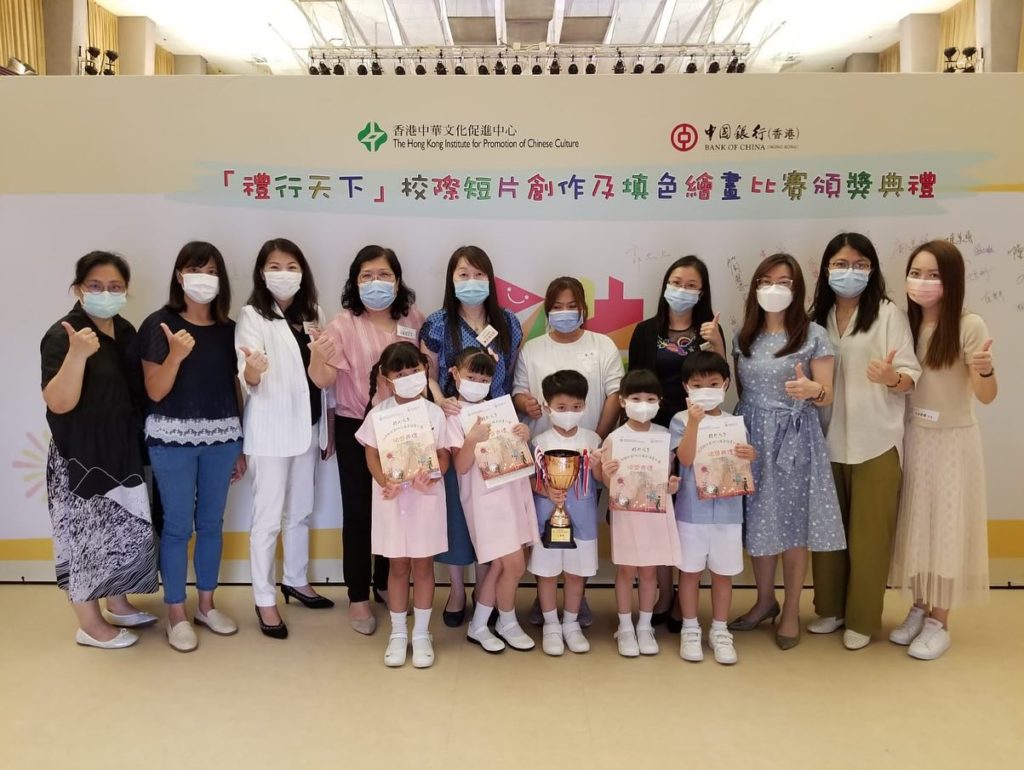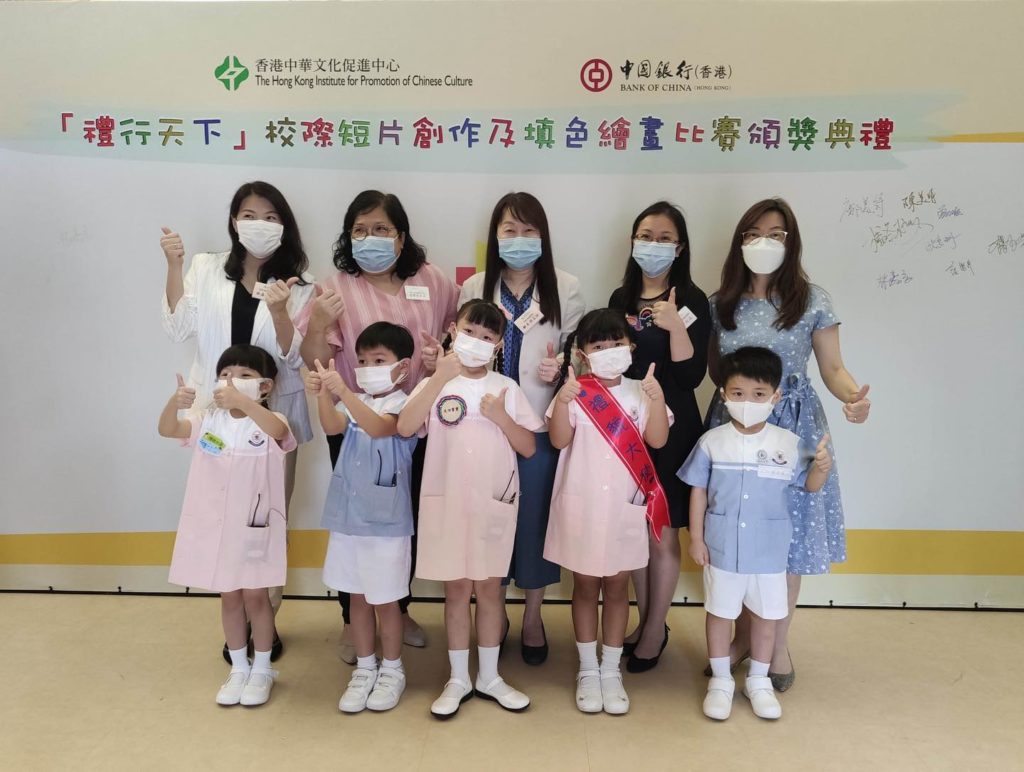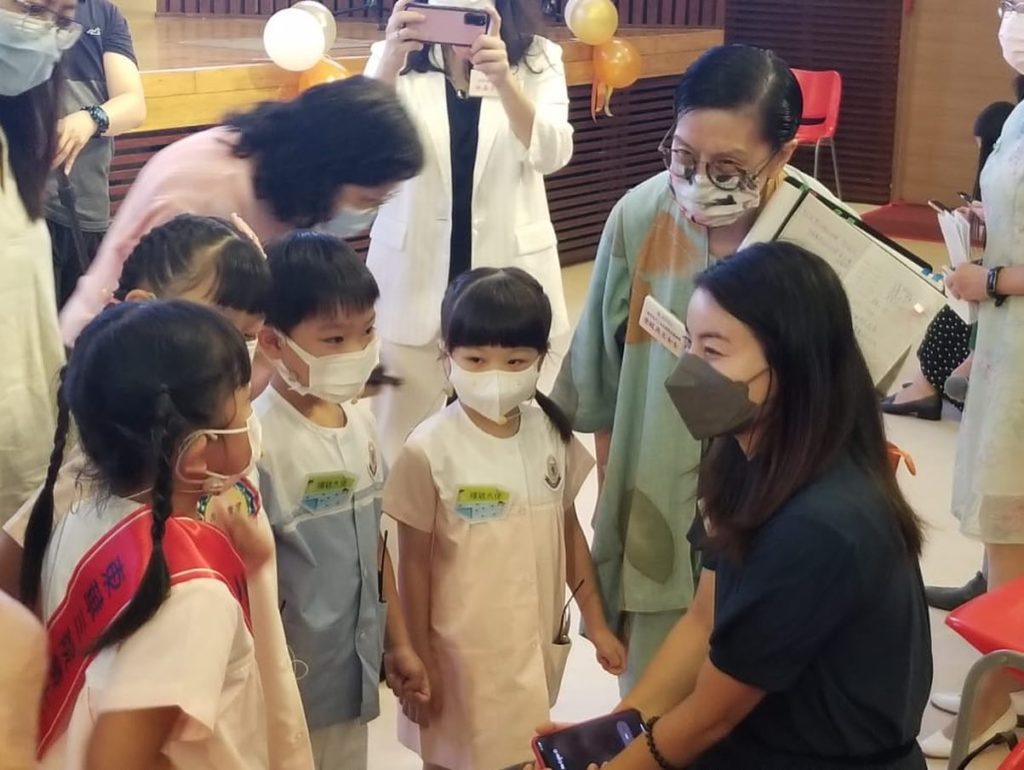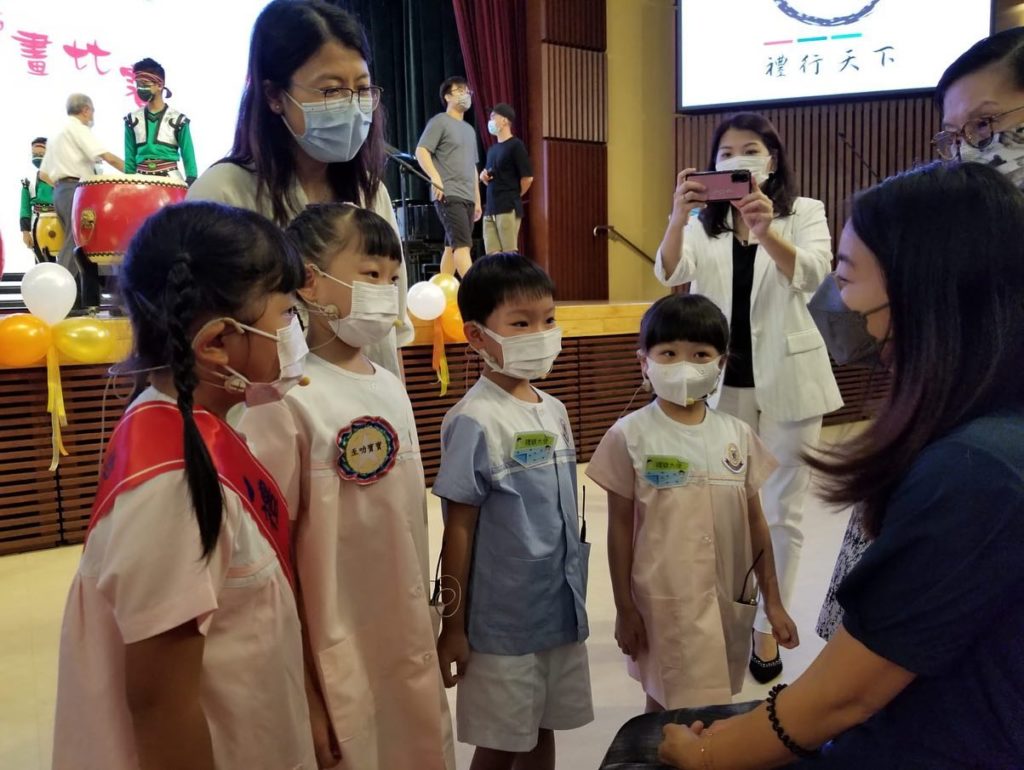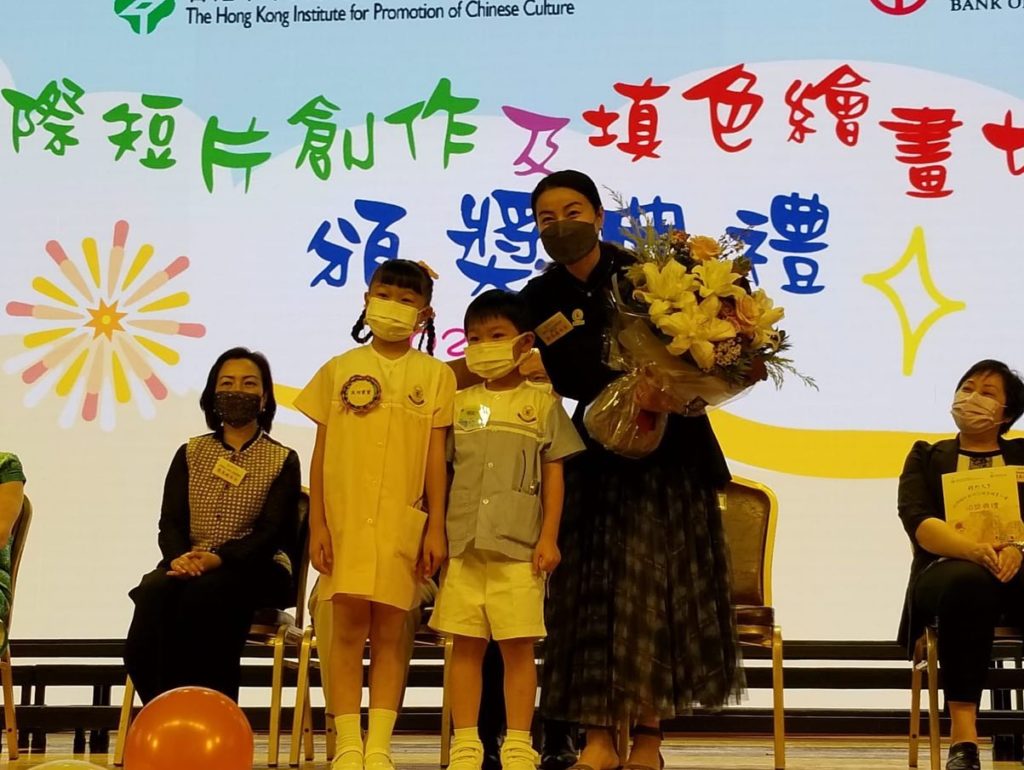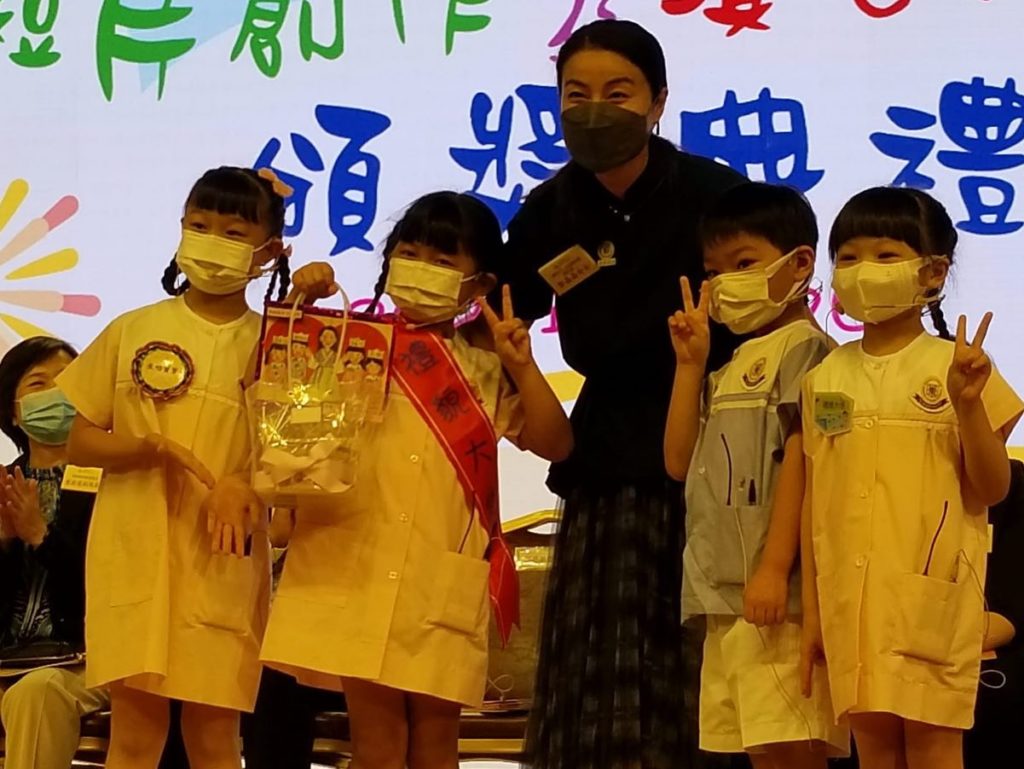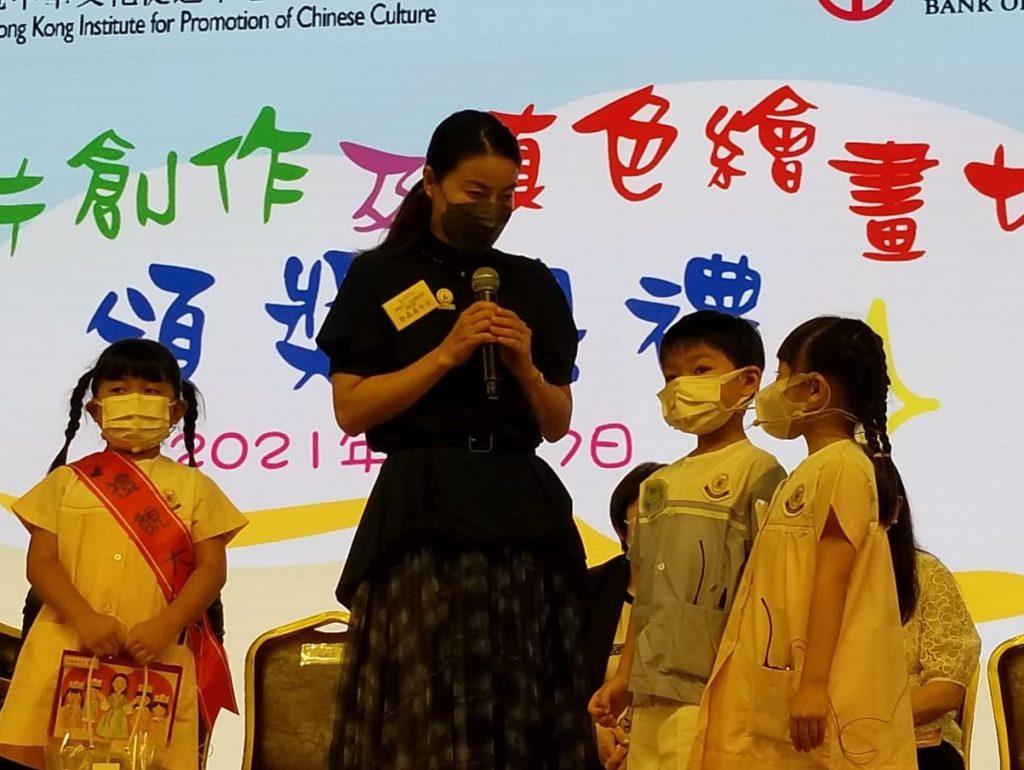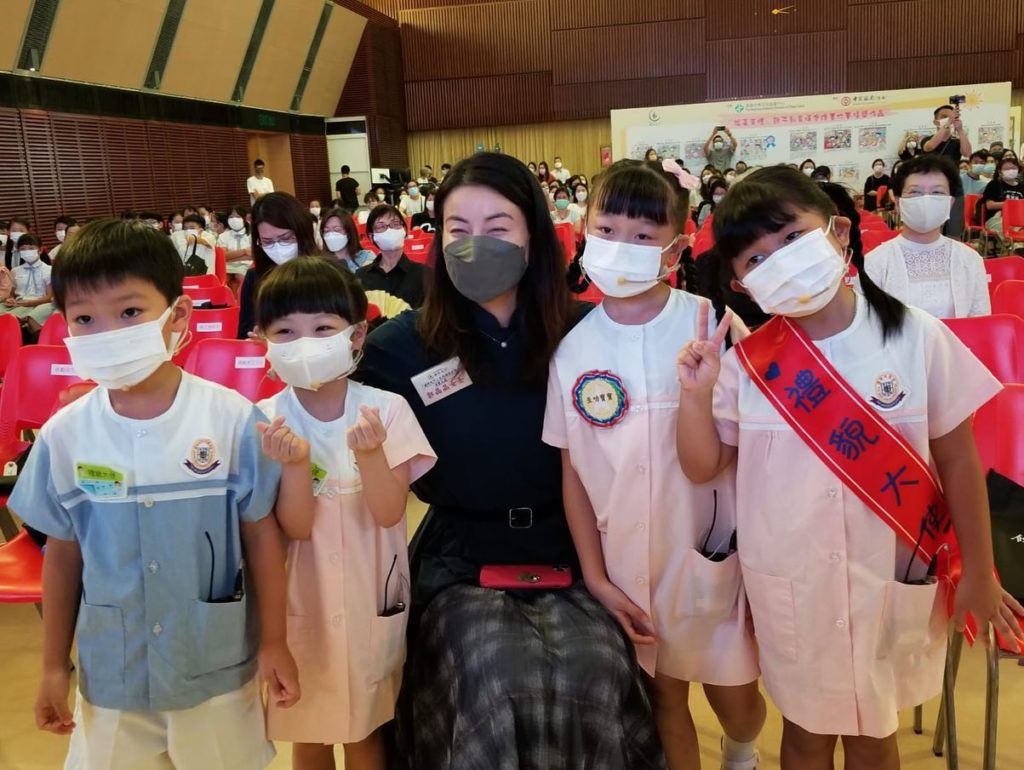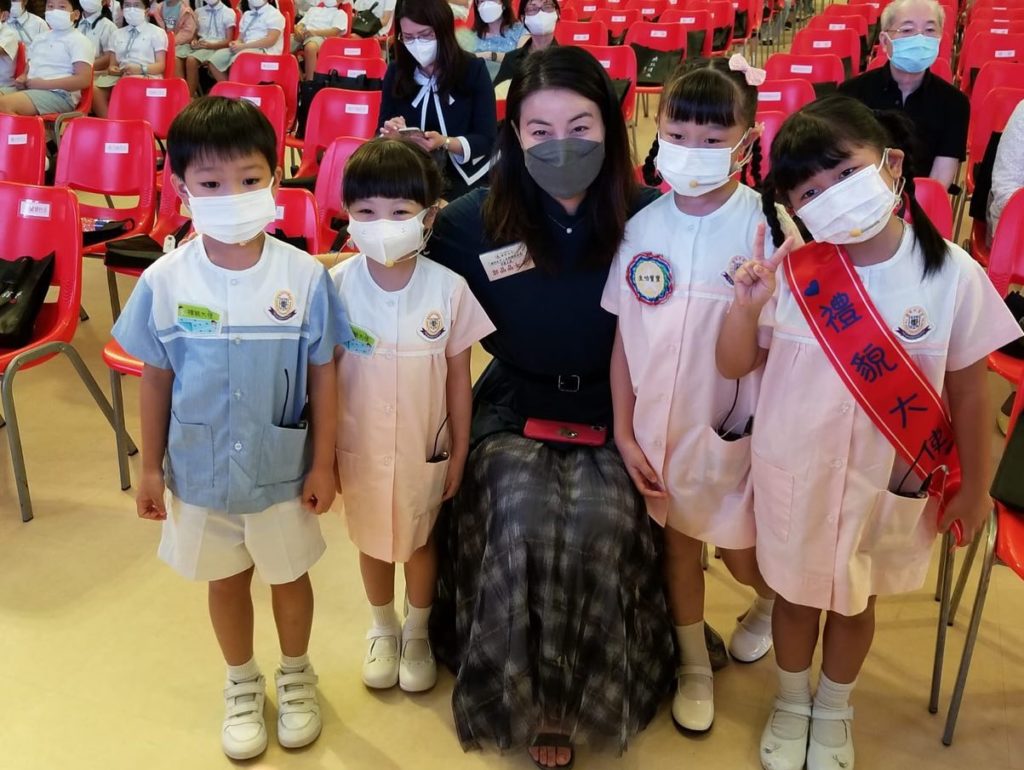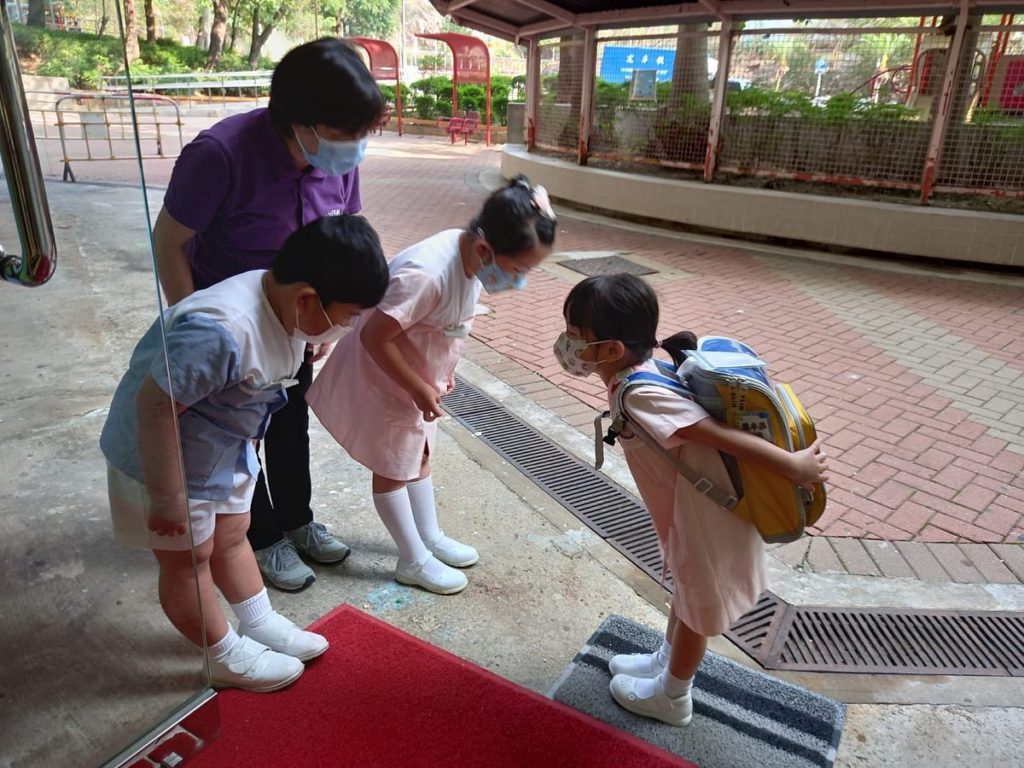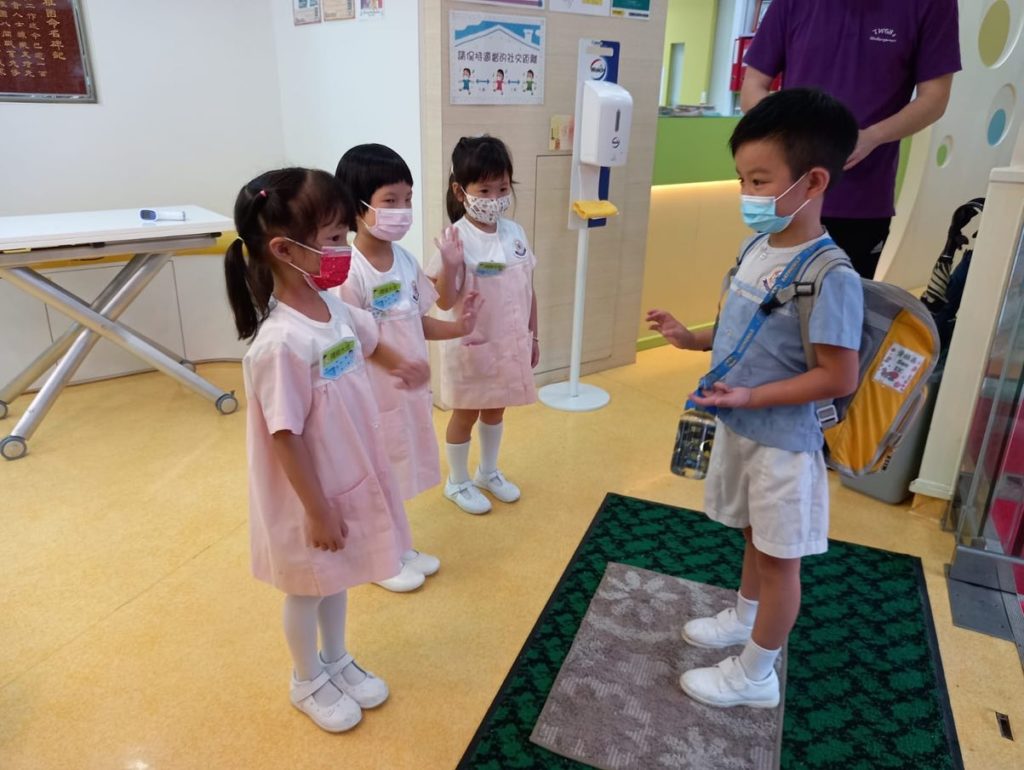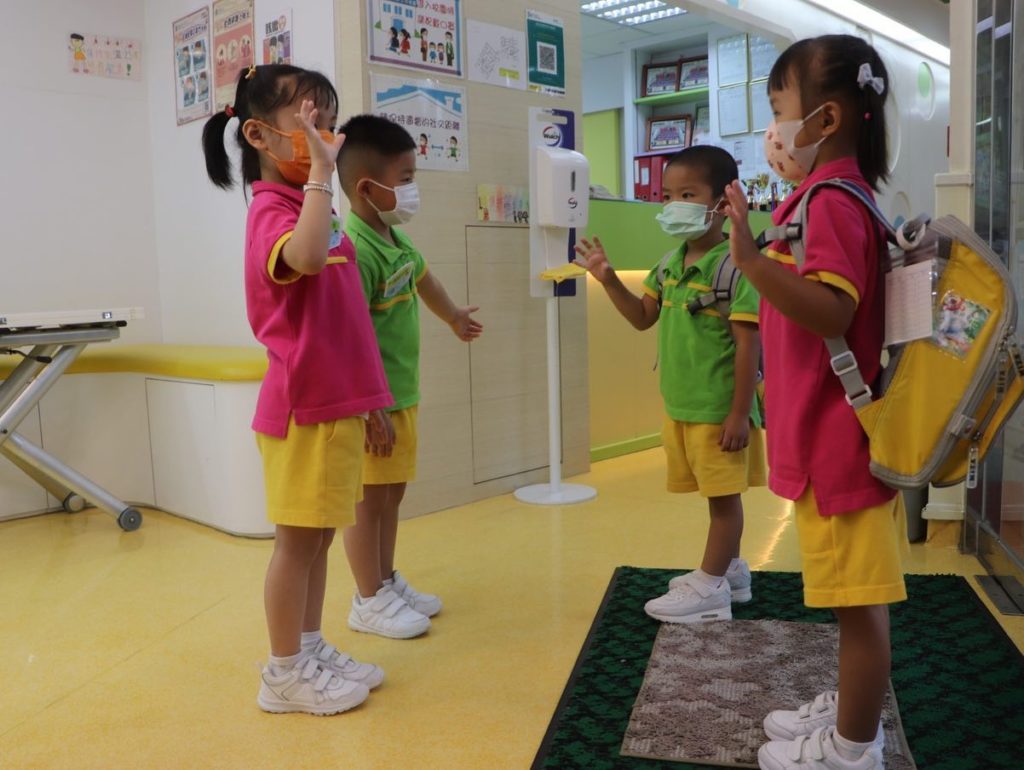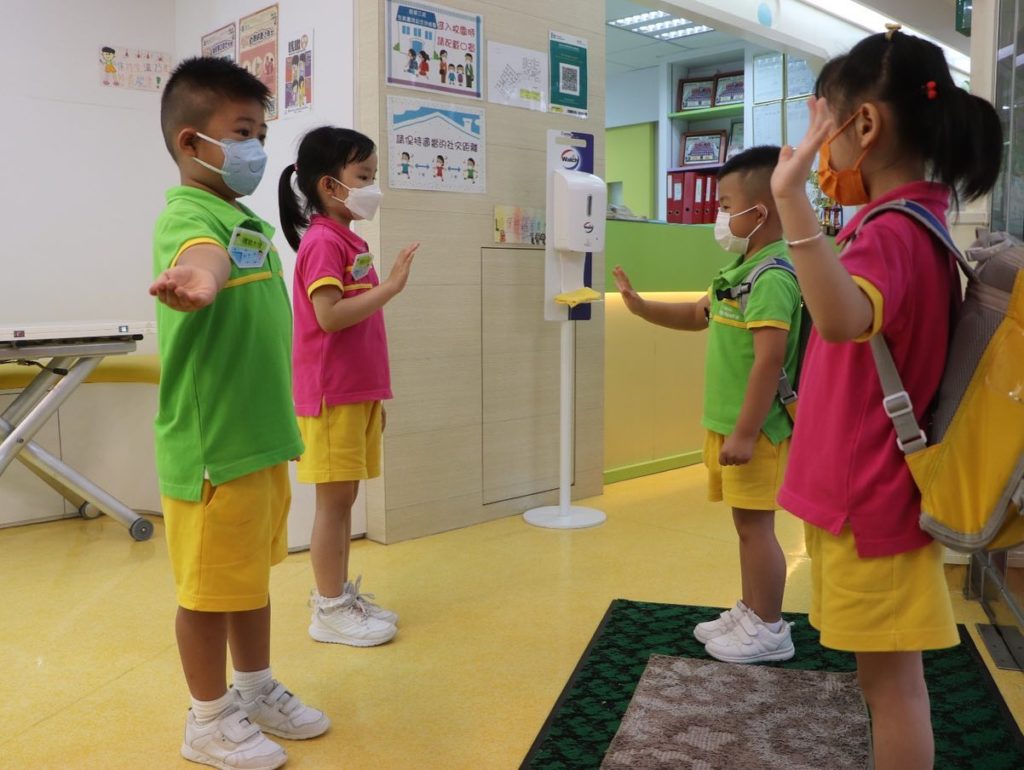Parenting Tips
Keep crying when going to school. How to reduce the dependence of children on their parents?
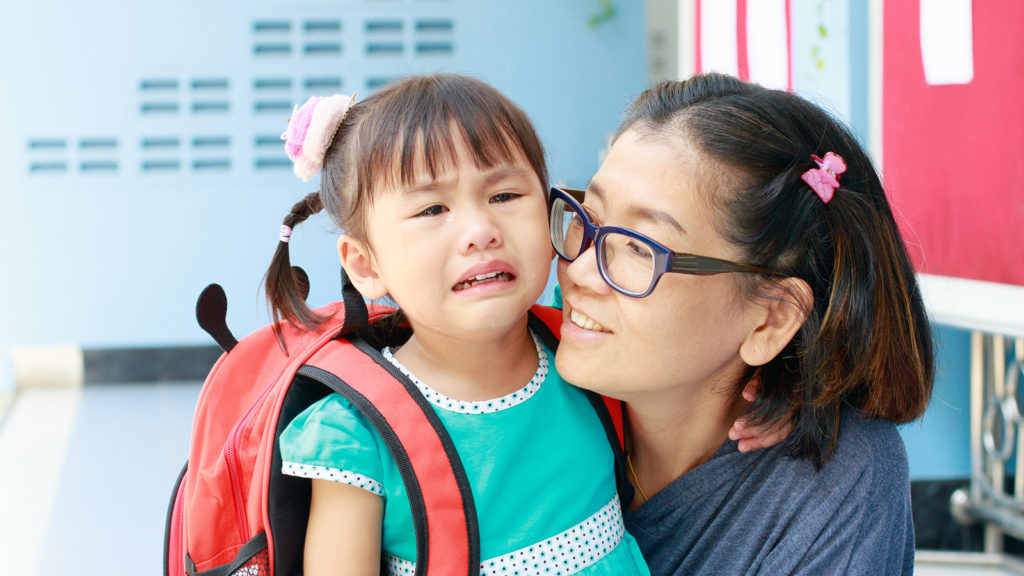
Written by: Pang Chi Wah, Registered Educational Psychologist, New Horizon Development Centre
During the school season, we always hear sad cries at the entrance of the school, and it is always a headache for parents when children do not want to go to school alone without their parents. Because newborns lack the ability to protect themselves, survive and feed themselves, they must rely on their parents in their daily lives. This is not only true for humans, but also for babies of other mammals, such as dogs, lions, and dolphins, who must rely on their parents for survival.
As they grow older, some children are able to live more independently and gradually become independent of their parents, while others progress more slowly. For example, some three- and four-year-olds are not allowed to leave their eyesight even though their parents are still at home; some cannot go to playgroups or extracurricular activities by themselves, or they will scream and cry. In some cases, even if the mother is outside, the child refuses to go to the toilet alone.
Why do children rely on their parents?
Why do children become dependent? It may be because the child is not physically active enough to take care of himself/herself, or it may be due to psychological factors, they are afraid or they are used to relying on their parents. In fact, parents can gradually train their children to be independent, mentally and habitually, so that they can reduce their over-dependence.
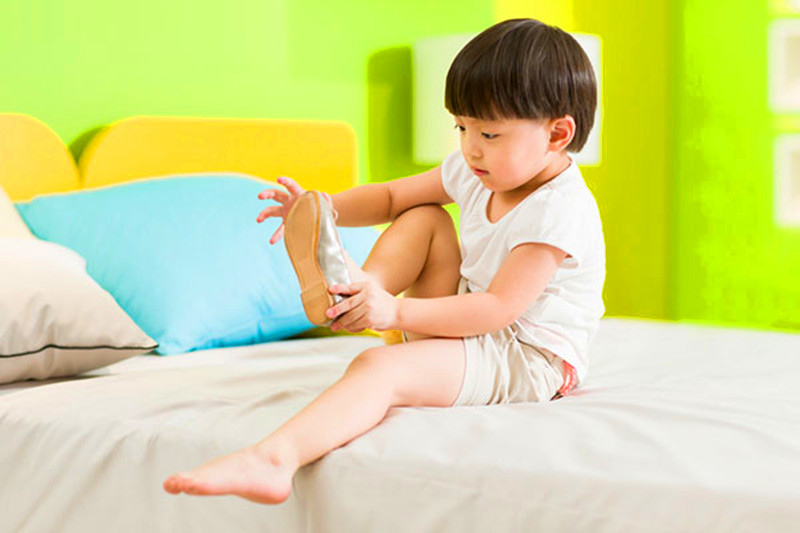
Increase the strength of using eating utensils
When children eat, they are passively fed by parents at first, then parents can hold their children’s hands to feed them so that they need to move their arms. Then gradually change the grasping part to the wrist, forearm, and elbow, so that the child needs to gradually increase the strength of using the eating utensil
Increase parental time away from the child and walking time
When children are accompanied by their parents at home, one of the parents can try to leave the child’s sight for a short period of time, and after the child gets used to it, both parents can leave together and let the child be taken care of by others. At the same time, parents can also increase the time of leaving according to the child’s progress.
When going out, parents can gradually reduce the time of holding the baby and ask them to try to walk home by themselves. Instead of carrying the baby all the way home, gradually change to carrying the baby to land at the door of the house, landing in front of the elevator, landing in the ground floor lobby, and landing after returning to the estate, gradually increasing the time for the baby to walk.
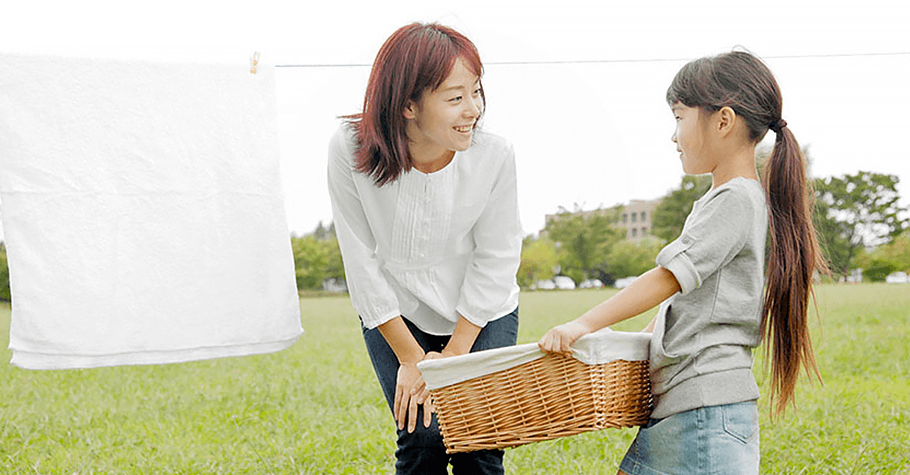
Inertia dependence of children is caused by parents
In fact, some children’s habitual dependence is caused by parents who take care of their children too much, give them too much, or give them too much help in the process of growth. Some parents think that their children are weak and cannot do anything well, so they do most of the work for them in order not to mess things up, and some parents even feel successful because their children are caring and dependent on them. If the situation continues, it will have many negative effects on the child in the future.
One day, children will be independent of their parents and need to take care of themselves, so parents should let go of their children appropriately in order to let them grow up. There are many books about the growth of children and objective guidelines for appropriate behavior at each age for parents’ reference.

